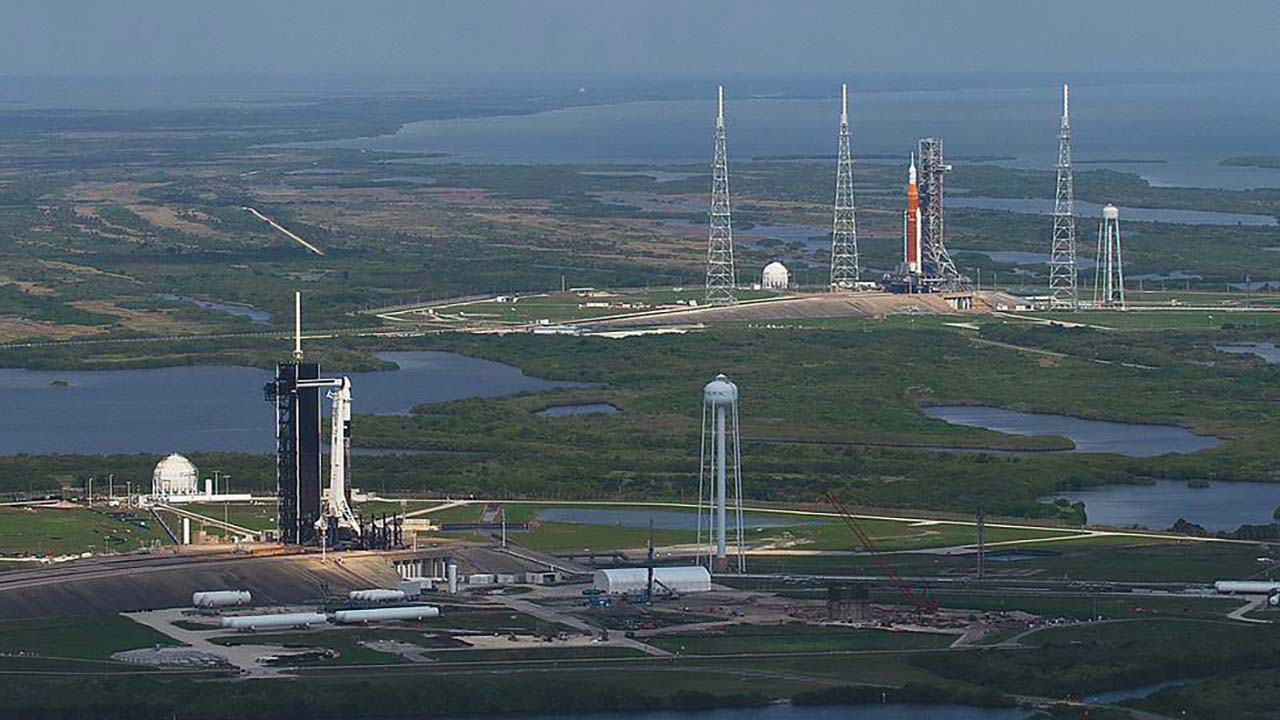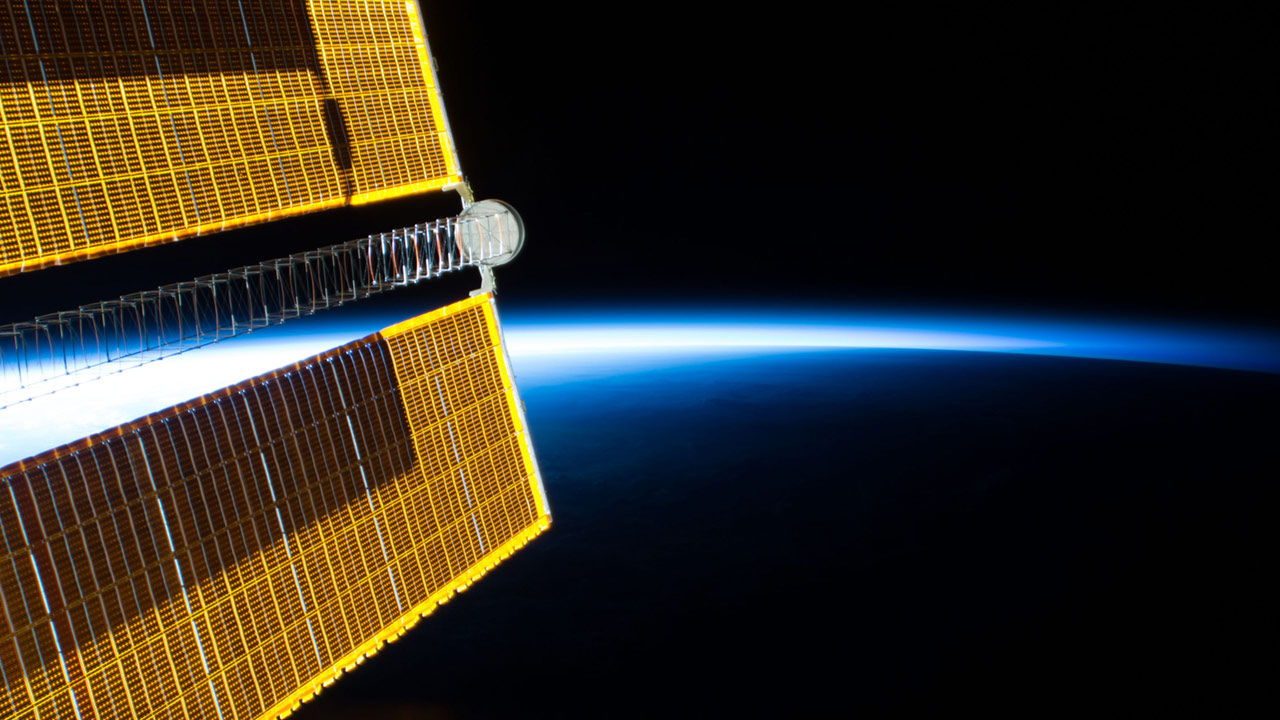The American Society for Gravitational and Space Research (ASGSR) will hold its 34th annual meeting Oct. 31-Nov. 3, 2018 in Bethesda, MD. This event brings together gravitational and space researchers from around the world to discuss recent results, evolving capabilities, new opportunities, and emerging ideas. The International Space Station (ISS) U.S. National Laboratory continues to be a key partner to the ASGSR community, and there are many exciting research opportunities and resources available through our nation’s only orbiting laboratory.
Spaceflight Biospecimens Available for Research
The ISS National Lab recently announced a Request for Proposals (RFP) for investigators seeking to access biological specimens from its Rodent Research Reference Mission-1, Applications for Spaceflight Biospecimens, to support fundamental biomedical inquiries sponsored by the ISS National Lab. On SpaceX’s 16th resupply mission to the space station, the ISS National Lab intends to send 40 mice of two different age groups to the orbiting laboratory for comparison with age-matched ground controls as part of a reference mission. Awardees from this RFP will have the ability to evaluate ground control and spaceflight biospecimens after their return to Earth.
Tissue Engineering Funding Opportunity Announced

The ISS National Lab and the National Science Foundation (NSF) recently announced a joint solicitation wherein researchers will have the ability to leverage the microgravity environment onboard the orbiting laboratory to support enhancements in the fields of transformative tissue engineering and mechanobiology. Up to $2 million will be awarded for multiple research investigations to support flight projects to the ISS National Lab. This solicitation marks the second funding opportunity between the ISS National Lab and NSF focused on tissue engineering.
Tissue Chip Solicitation Awardees Announced
The ISS National Lab, the National Center for Advancing Translational Sciences (NCATS) and the National Institute of Biomedical Imaging and Bioengineering (NIBIB), both part of the National Institutes of Health (NIH), announced a series of project awards stemming from a funding opportunity on human physiology and disease onboard the orbiting laboratory. Data from these selected investigation concepts—which will feature “tissue chips” (or “organs-on-chips”)—will help scientists develop and advance novel technologies to improve human health.
The Path to Bioengineering in Space
The ISS National Lab released a report compiled from a roundtable discussion with thought leaders from academia, government, and private industry that highlights preliminary research questions, challenges, and possible advantages of conducting organ bioengineering research in microgravity. The recommendations highlighted in the report are meant to initiate a path toward optimal use of the unique environment on the ISS National Lab to enable collaborative organ bioengineering research aimed at mitigating the organ shortage crisis and improving human health on Earth.
Materials Research in Space
The ISS National Lab and NSF co-sponsored a workshop in July 2018 to gather thought leaders and experts in the field of materials science for a discussion of the benefits of space-based research and development (R&D) in this field. The workshop focused on how the unique environment of low Earth orbit, including microgravity and extreme environmental conditions, enables materials R&D that is impractical or not possible to perform on Earth.
How P&G is Using Space to Improve Customer Experience
In an era of increasing commercial innovation in space, many big-name companies are taking to the skies to explore how microgravity research might enhance their products. But for Procter & Gamble (P&G), a giant among household product providers, spaceflight has been a part of their R&D portfolio for almost a decade—and they have shared exciting progress from their ISS experiments investigating the new science of polydisperse systems.










